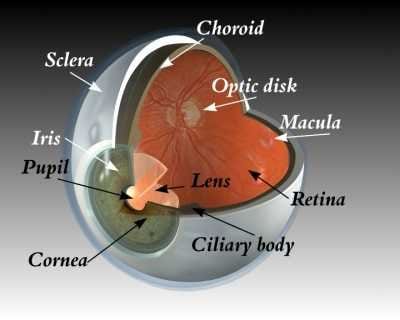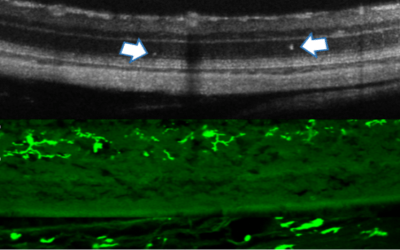Physiological optics of the eye
Physiological homeostasis and optical performance of the eye are inter-related, and constantly changing due to aging or pathology.
We use novel multi-modal imaging methods to quantify, correlate and simulate these changes throughout life.
Such knowledge is essential for developing effective non-invasive therapies for vision-degrading pathologies of old age.
Current projects
Diabetic retinopathy: early clinical signs and intervention using a Connexin43 modulator
Diabetes is a long-term condition that describes a group of metabolic diseases caused by high sugar levels. In the eye, high blood sugar causes damage to small blood vessels, which swell and may leak fluid. We have identified that even minor blood vessel leakage...
Investigating the age-related alternations of lens physiological optics usring MRI
The lens physiological optics depends on its water and protein contents. The lens physiological optics alters with ageing, leading to the onset of presbyopia and nuclear cataract. The mechanism behind remains uncertain, owing to lack of non-invasive tools for...
Triggerfish uses chromaticity and lightness for object segregation
Humans group components of visual patterns according to their colour, and perceive colours separately from shape. To find out if fish use colour for object segregation in a similar manner to humans, we used stimuli inspired by the Ishihara test for colour deficiency....
Our researchers
Visit our lab pages
Ophthalmic Imaging and Bioengineering
The aim of this multidisciplinary project is to connect the physiology, vision engineering and optics of the human visual system.
Molecular Vision Laboratory
The Molecular Vision Laboratory (MVL) has extensive molecular and cellular expertise in the general field of membrane transport.
New Zealand National Eye Centre (NZ-NEC)
The New Zealand National Eye Centre (NZ-NEC) launched in 2008 as the culmination of more than eight years of collaboration and planning between many researchers in the field of ophthalmology, optometry, eye health and visual sciences in the University of Auckland.





